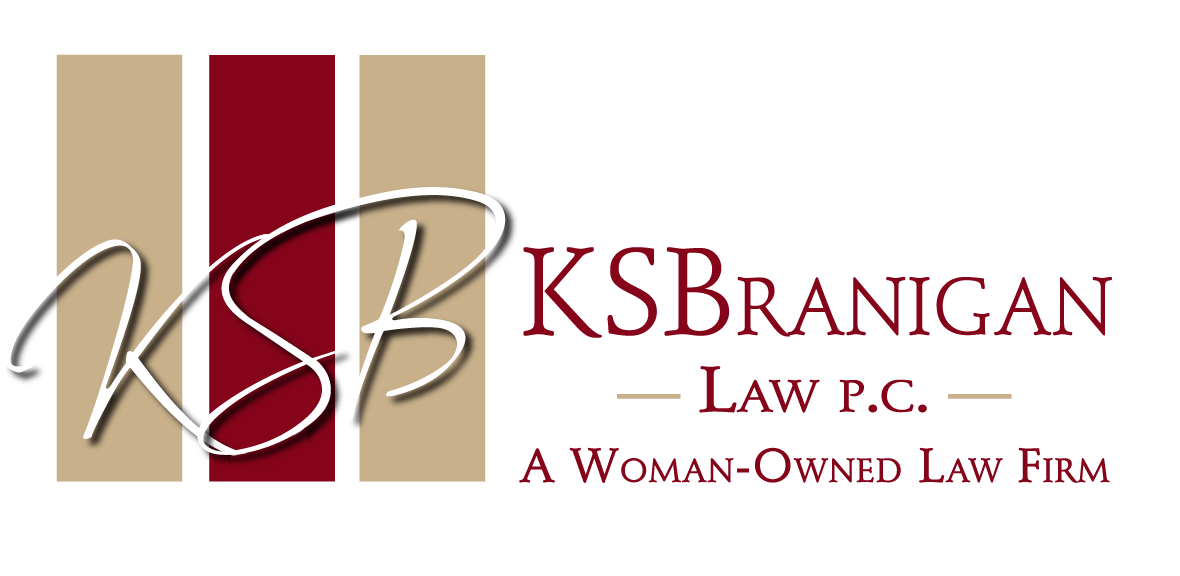Press Release
August 12, 2020
In the wake of the COVID-19 pandemic, federal and state lawmakers enacted legislation and put other protections into place for workers affected by the coronavirus. On March 18, 2020, the Families First Coronavirus Response Act (FFCRA) was signed into law and, among other things, requires certain employers to provide emergency paid sick leave, or expanded paid family leave under the Family and Medical Leave Act (FMLA), to certain workers affected by COVID-19. Employees are also able to take advantage of the protections of the FMLA and the Fair Labor Standards Act (FLSA) during the pandemic. Now that more employees are returning to work in New Jersey, employers and employees should be aware of these protections.
On July 20, 2020, the United States Department of Labor (DOL) issued updated Guidance with regard to the FFCRA, FMLA and FLSA. This Guidance, along with other recent legal protections, should be carefully considered when implementing “return to work” and “remote work” policies and procedures.
Families First Coronavirus Response Act (FFCRA)
The DOL has provided comprehensive Guidance on the FFCRA, including information surrounding issues of returning to work following a FFCRA leave. Under the FFCRA, employers with fewer than 500 employees are required to grant up to 80 hours of paid sick leave to workers exposed to COVID-19, required to quarantine, or unable to work or telework because of the closure of the school or day care facility of the worker’s child. Parents of children whose places of care are closed may also be eligible for up to 12 weeks of FMLA leave, with 10 weeks being partially paid. Employers with less than 50 employees can seek exemption from the requirement to provide paid emergency childcare leave when the viability of the business is threatened. Also, employers with less than 25 employees will not have to guarantee an equivalent position to the employees returning from emergency childcare leave.
In most cases, an employee returning from a FFCRA leave must be reinstated to the same or an equivalent position. However, if an employer is reasonably concerned that the returning employee may have been infected with the virus while caring for a relative, an employer may temporarily require the employee to telework or place the employee in an equivalent position requiring less interaction with co-workers until the employee has tested negative. At the same time, an employer may not require an employee to telework or be tested for COVID-19 simply because the employee took leave under the FFCRA.
Further, an employer may maintain a company policy requiring any employee who has knowingly interacted with a COVID-19-infected person to telework or take leave until the employee has personally tested negative for COVID-19, regardless of whether the employee has taken any kind of leave.
In cases where an employee is furloughed after a business closure due to a quarantine order, an employee who used his or her full 80 hours of FFCRA paid sick leave prior to being furloughed is not entitled for any additional FFCRA leave upon returning to work. However, if the employee used only part of the benefit, the employee would be entitled to use the remaining FFCRA paid sick leave available for a qualifying reason upon the employee’s return to work from furlough. Similarly, an employee who used only part of his or her expanded FMLA leave before being furloughed is also entitled to use the remaining leave for a qualifying reason after the furlough ends and the employee returns to work. The DOL makes clear that the time an employee spent on furlough does not count against the employee’s FFCRA or FMLA leave entitlement. As with all requests for leave, an employer may require appropriate documentation from the employee supporting the post-furlough leave request.
Employers need to be sure not to discriminate or retaliate when recalling employees from furlough under the FFCRA. When determining which employees to recall from furlough, an employer may not use an employee’s required or assumed need for FFCRA leave as a factor in this decision. In addition, employers may not discriminate or retaliate against employees or applicants for exercising their rights to take FFCRA leave.
For more information:
COVID-19 Federal Emergency Paid Sick Leave and Child Care Leave Available
Family and Medical Leave Act (FMLA)
Under the FMLA, covered employers may be required to provide employees with unpaid, job-protected leave due to family and/or medical issues.. To be eligible for such leave, an employee must:
● Have worked for the employer for at least 12 months;
● Have at least 1,250 hours of service over the previous 12 months; and
● Work at a location where at least 50 employees are employed by the employer within 75 miles.
As a condition of an FMLA leave, employees must provide medical documentation to the employer. However, the DOL has now provided updated Guidance on additional protections for employees requesting an FMLA leave during COVID-19. The DOL advises that telemedicine visits count as an in-person visit for the purpose of establishing the existence of a serious health condition under the FMLA until December 31, 2020 if: (1) the telemedicine visit includes an examination, evaluation, or treatment by a health care provider; (2) the visit is performed by video conference; and (3) the process is permitted and accepted by state licensing authorities.
Also, electronic signatures of medical professionals are now accepted for the purposes of establishing a serious health condition.
The DOL Guidance also states that employers may require employees returning from an FMLA leave unrelated to COVID-19 to be tested for COVID-19 as a condition of returning to the workplace. This testing must be conducted in a non-discriminatory manner and only if all employees returning to the workplace are required to test for COVID-19 prior to entering the workplace regardless of the reasons for their absences.
(Note, New Jersey has recently passed laws that amended its Family Leave Act and expanded benefits for employees eligible for NJ Family Leave and Temporary Disability Insurance benefits.)
Fair Labor Standards Act (FLSA)
The DOL has also issued updated Guidance with regard to the FLSA as follows:
• Teleworking
An employer under the FLSA must compensate employees who telework for all hours of such work “actually performed,” provided that the employer “knew or had reason to believe the work was performed.” This includes overtime work, as well as telework not authorized by the employer and unreported hours of work if the employer knew or had reason to believe the employee was performing that work. It may be a good idea to require nonexempt employees to obtain authorization before working overtime or engaging in unapproved work. To determine the amount of telework hours performed, employers should make sure to provide teleworking employees with reasonable time-reporting procedures and compensate employees for all reported hours.
• Continuous Workday Rule
Highly relevant to telework situations, the “continuous workday rule” states that all time between the performance of the first and last principal activities of a workday is generally compensable work time. However, an employer that allows employees to telework with flexible hours during the COVID-19 pandemic does not need to count as hours worked all the time between an employee’s first and last principal activities in a workday. For example, a teleworking parent can take time off in the middle of the day to provide academic instruction or tend to childcare responsibilities, and that time period would not be compensable work time.
• Exempt Employee Performing Nonexempt Duties
During a declared public health emergency such as the COVID-19 pandemic, an exempt employee (e.g., a salaried executive, administrative, or professional employee) may temporarily perform some nonexempt duties without losing his or her exempt status, as long as the employer continues to pay the employee according to the FLSA salary basis, which currently is $684.00 per week.
• Exempt Employee Status
The taking of FFCRA paid sick leave or expanded FMLA leave does not affect an employee’s status as an exempt employee, even if the leave is taken intermittently. While an employer may “prospectively” reduce the salary of an exempt employee for economic reasons related to the COVID-19 crisis, “any such reduction must be predetermined rather than an after-the-fact deduction” from the employee’s salary based on the employer’s “day-to-day or week-to-week needs.”
Further, any reduction in salary must be “bona fide, meaning the change is not an attempt to evade the salary basis requirements and is actually because of COVID-19 or an economic slowdown as opposed to the quantity or quality of work” performed by the employee.
• Hazard Pay
While state or local laws may impose a hazard pay obligation, the FLSA does not mandate that employees working during the COVID-19 pandemic receive hazard pay. The FLSA mandates only a minimum wage and overtime compensation for nonexempt workers.
Please find additional information under our Quick Links on Returning to Work.
Please note that state legislation and legal guidance may vary in protections from the federal legislation and legal guidance cited above. This summary is for informational purposes only and is not intended to constitute legal advice. This information should not be reused without permission.


